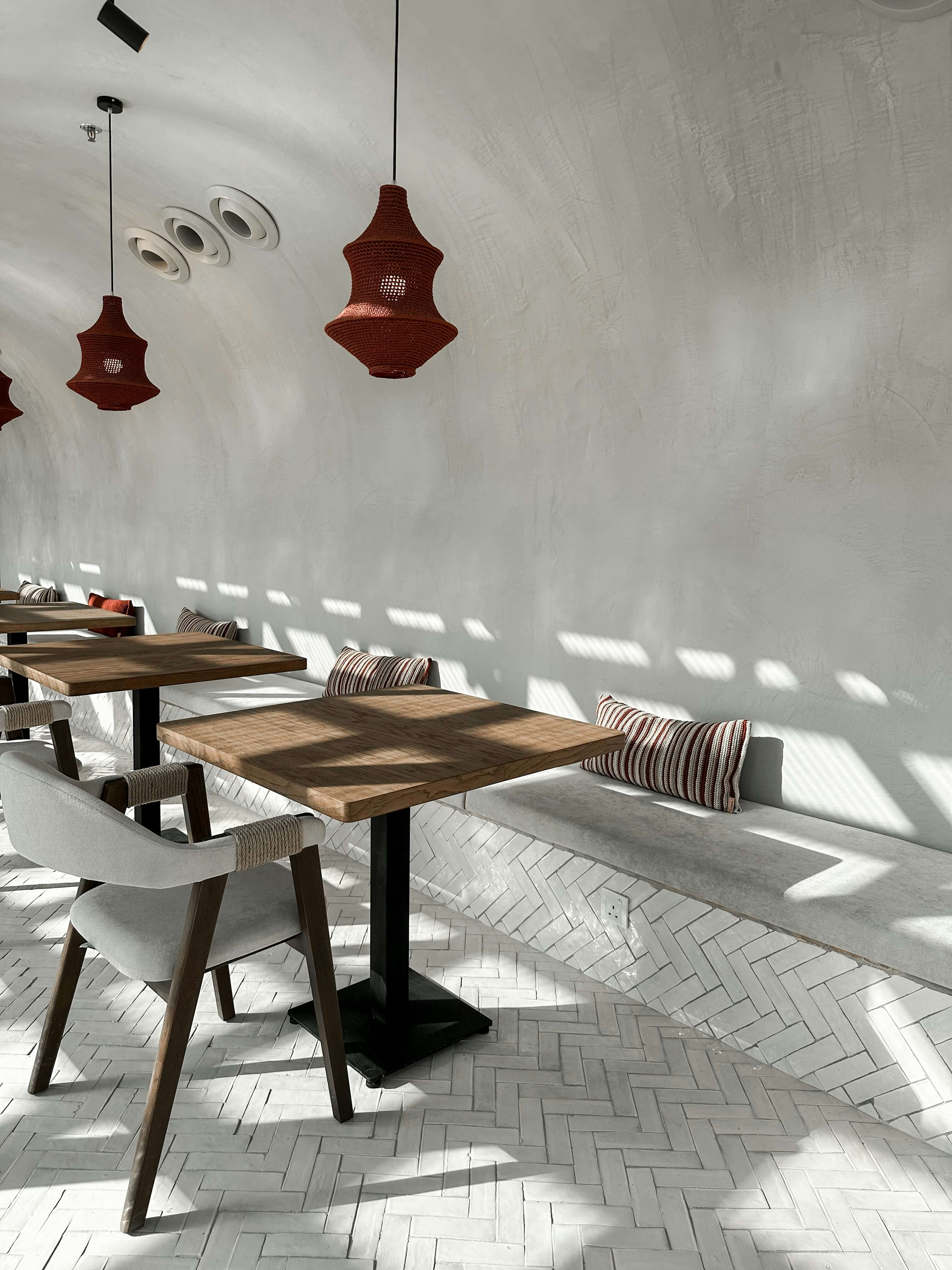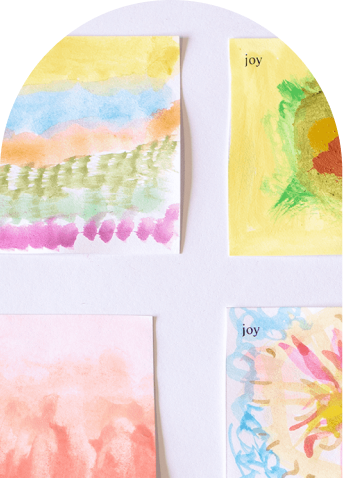Poolside
Making the restaurant industry a more sustainable place to work.
A studio startup for a large food distributor, Poolside explored the opportunities to serve part-time labor in the restaurant industry — rethinking traditional approaches to hiring and finding ways to make restaurant work more sustainable. Poolside raised $4M in capital and grew to a team of eleven before COVID-19 devastated the restaurant industry and forced it to close in April of 2020.
As Co-Founder and Head of Product and Design, Rachel led all efforts related to the Poolside experience, including discovery and evaluative research, product and brand strategy, product design, and brand activation. This experience led to the creation of Paradigm Park and its specific mission to enhance wellbeing in both digital and physical space.
The Problem
Amidst an unprecedented unemployment rate during Poolside’s tenure, the restaurant industry faced a crippling labor shortage. Compared to restaurants, workers saw gig platforms such as Uber, Grubhub, and DoorDash as competitive employers because they were more flexible on working hours and offered similar benefits — that is to say, none.
For those that decided to stay in the industry, existing job boards and hiring sites made it extremely difficult for talent to find the right job, so they’d choose the easiest and fastest one instead. Once in the door, they’d realize the commute, culture, or schedule wasn’t right for them, and they’d leave.
73%
Average turnover rate in the restaurant industry
$120K
Average cost in turnover, per restaurant, per year
53 Days
Average tenure of a restaurant employee
What We Heard
“I just can’t get the hours I need. I want a second job because I need more money, but I had to quit my last job because the schedule conflicted with my current job. Now, I’m looking for a new part-time job that will work with my schedule.”
Server, Chicago
The Insight
It’s not a people shortage, it’s an hour shortage.
Early on, Poolside recognized the current hiring process was broken. It’s not who restaurants hire, but how they hire that can have the biggest impact on getting the right people in place and keeping them.
The restaurant hiring process is currently optimized around one metric — the 20-hour work week. The industry saw jobs going unfilled while 80% of the restaurant workforce wanted part-time work on top of the hours they already worked. Existing employers often couldn’t offer more hours per employee because their slim margins and tight bottom lines couldn’t support the required healthcare benefit. So they’d cap their employees at 20 hours per week, leaving talent to stitch together multiple jobs to make ends meet.
If we gave just 10% of restaurant workers the hours they needed by aligning schedules across multiple jobs, we would add an equivalent of 1.5 million new workers to the industry.
The next question...how?
When talent stay in a job, what keeps them there? Talent told us that the relationship they had with their employer was central to their longevity on the job. Many had left jobs when they felt disrespected or were treated as replaceable. At the same time, getting started on a new job involves a large investment. Even getting to an interview can entail financial risk, so talent constantly run cost-benefit analyses as to whether a new job is “worth it”.
On the flip side, aligning schedules across multiple jobs has never been easy, particularly for employers. Operators shared that they were nervous to invest in their team members, having experienced their fair share of employees who would ghost a shift or walk out on the job. Additionally, restaurant managers wanted to minimize unpredictability in operations which meant exercising more, not less, control over talent schedules.
If that weren’t complicated enough, systems that intersect with work — such as childcare and transportation — can present logistical as well as financial obstacles that limit a worker’s success on the job. The low pay of restaurant work often left talent in a precarious spot, unable to cover unforeseen expenses such as a change in childcare, a ride to work, or even cell phone data to check their schedule. Yet, many talent didn’t feel comfortable sharing these difficulties with their boss, or asking for support in times of need.
The Solution
Helping restaurants and talent build better teams.
Small changes happen every day, and they can improve health as much as they can degrade it. Poolside didn’t need to solve every problem in the restaurant industry, but if it could make small improvements to key relationships, the impact could compound quickly.
Poolside was a two-sided jobs marketplace that connected talent to jobs and restaurants to talent in a way they couldn't find elsewhere. By matching these two parties on key success metrics such as commute, availability, culture, and environmental preferences, and giving them new ways to interact over time, Poolside reduced the time to hire and improved the success rate of hires long-term.
20K+
Restaurant talent using Poolside to find jobs
88%
Job match rate
1600%
User growth rate one year after launch
86%
NPS
The Solution
Supporting the real life needs of restaurant talent.
Once on the job, Poolside Benefits supported the social needs of talent. Combining the consistency of employee benefits with the recognition of incentives, Poolside's non-traditional offering intervened at key moments in the talent experience. For as little as $25 per employee per month, these benefits addressed the loss and uncertainty that is ever-present in the life of hourly workers and provided motivation and encouragement for talent on the job.
The Impact
The COVID-19 pandemic and the larger impact on the restaurant industry forced Poolside to shut its doors in April 2020, but not before it made a significant impact on the industry at large. Supporting talents' day-to-day needs resulted in 88% of talent reporting improvements in job satisfaction, shifting mindsets in the industry from "this is just a job" to "this is my career".
93%
Engagement rate
88%
Of talent users reported improved job satisfaction
Project Collaborators
Maureen Burns
Co-Founder + CEO
Nathan Gudritz
Development
Lukus Reindl
Development
Patrick Yovanov
Brand Strategy



